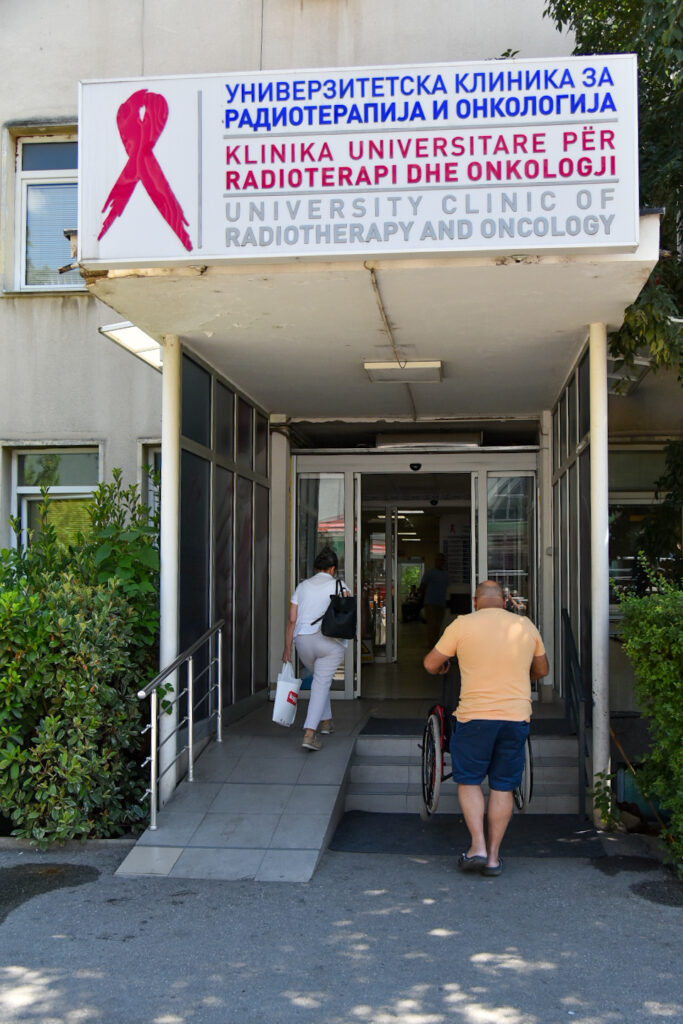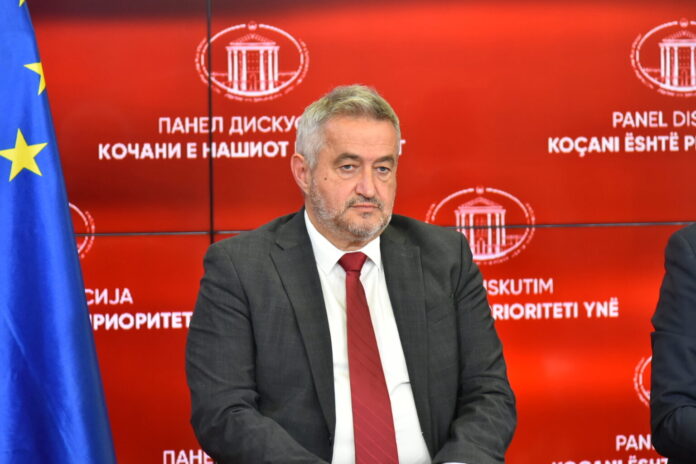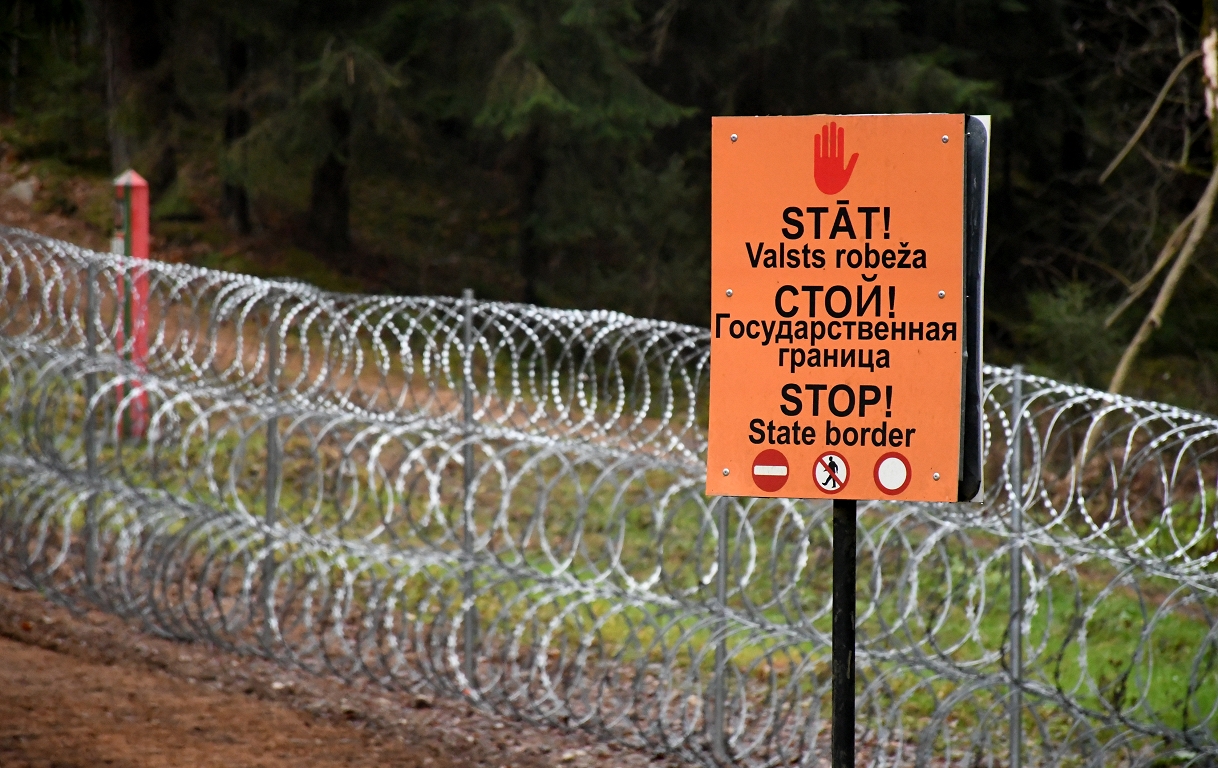The production of natural gas in Russia is dynamically declining

According to energy experts, the decline in natural gas production in Russia is a consequence of two weight factors, the cessation of gas transit through Ukraine, as well as because the decline in natural gas exploitation is a consequence of « unusually high temperatures and reduced demand from energy industries »
The Russian business newspaper Kommersant writes that « the rate of declining Russian natural gas production is accelerating, with production dropped by more than 11 percent in the past month and dropped 7.3 percent annually in the first two months of 2025 ».
What is the reason for the trend of falling natural gas production in Russia?
According to the Russian business newspaper Kommersant, the fall is even more significant among « other producers », a category primarily included by Gazprom, which dropped 13.2 percent.
Analysts explain the trend of falling natural gas production in Russia that it is generally a consequence of two reasons.
First, it is the result of a break in gas transit through Ukraine and, secondly, the decline in natural gas exploitation is a consequence of « unusually high temperatures and reduced demand from energy industries ».
The decline in production has significantly affected the interruption of the transit of Russian gas through Ukraine on January 1, a route that allowed the export of about 15 billion cubic meters of gas annually. Gazprom now has only one gas route to Europe – the Turkish Stream pipeline, with a capacity of just under 16 billion cubic meters a year. Meanwhile, Russia continues to supply the European market with liquid natural gas (LNG).
Graver: Part of the lost export is complemented by the pipeline Siberia’s strength (from Russia to Mongolia and China)
Alexei Gravec, Deputy Director of the National Energy Security Fund, noted that the decline in demand for natural gas remains the main factor for the decline in production, worsening of unusual warm weather and closing the transit route of Ukrainian gas. He noted that part of the lost export is supplemented by the pipeline Siberia’s strength (from Russia to Mongolia and China), which has reached its full capacity of 38 billion cubic meters a year.
He also argued that the decline in gas consumption can also be linked to the reduction of energy intensive industries – such as steel production, building materials and basic chemicals – amid a wider slowdown in Russian economic activity. According to the Greek, if there is no major changes in export dynamics or extreme weather conditions in the summer, the current trend of production is likely to change dramatically. RS








